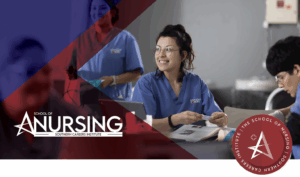What Do Medical Billing and Coding Online Courses Cover?
After completing a medical billing and coding online program, students are knowledgeable in popular coding systems, medical software, medical terminology, and insurance and reimbursement procedures. They can translate medical diagnoses into code for payment, process patient information (including medical histories, examination results, symptoms, diagnostic tests, and treatment histories), and are able to investigate why claims were rejected to make the relevant updates.
Types of Qualifications
Courses in medical coding and billing may lead to a certification (in which case they take one year to complete) or an associate’s degree (which require two years of study). Degree courses cover everything included in a certification program along with general education and additional healthcare courses. To become a medical billing and coding specialist, a certification course is sufficient.
Graduates can take an exam to gain the Certified Basic Medical Coding Specialist (CBMCS) certification from the Professional Association of Healthcare Coding Specialists (PAHCS) or the Certified Billing and Coding Specialist (CBCS), Certified Medical Administrative Assistant (CMAA), or Electronic Health Records Specialist (EHRS) from the National Healthcareers Association (NHA). After two years of working, professionals can take a test for the Specialty Coding Professional (SCP) and after three years, the Advanced Coding Specialist (ACS). Both of these are offered by the Board of Medical Specialty Coding and Compliance.
Practical Experience
As experience is essential for a position as a medical billing and coding specialist, many online courses offer practicums, internships, and externships in addition to online study. This enables students to enhance their skills, put into practice all they have learned during the academic portion of the course, and improves job prospects.
Employment After Graduation
Graduates from medical billing and coding online courses are prepared to apply for entry-level positions as medical billing clerks, medical coding specialists, and insurance claim analysts. They work in hospitals, physicians’ offices, and care facilities as well as from home as private contractors. Although it is not a legal requirement to hold a certification, most employers expect their candidates to have some official recognition of participation. Find success in your medical coding and billing career. Sign up for a course from an accredited school to earn a certificate.










